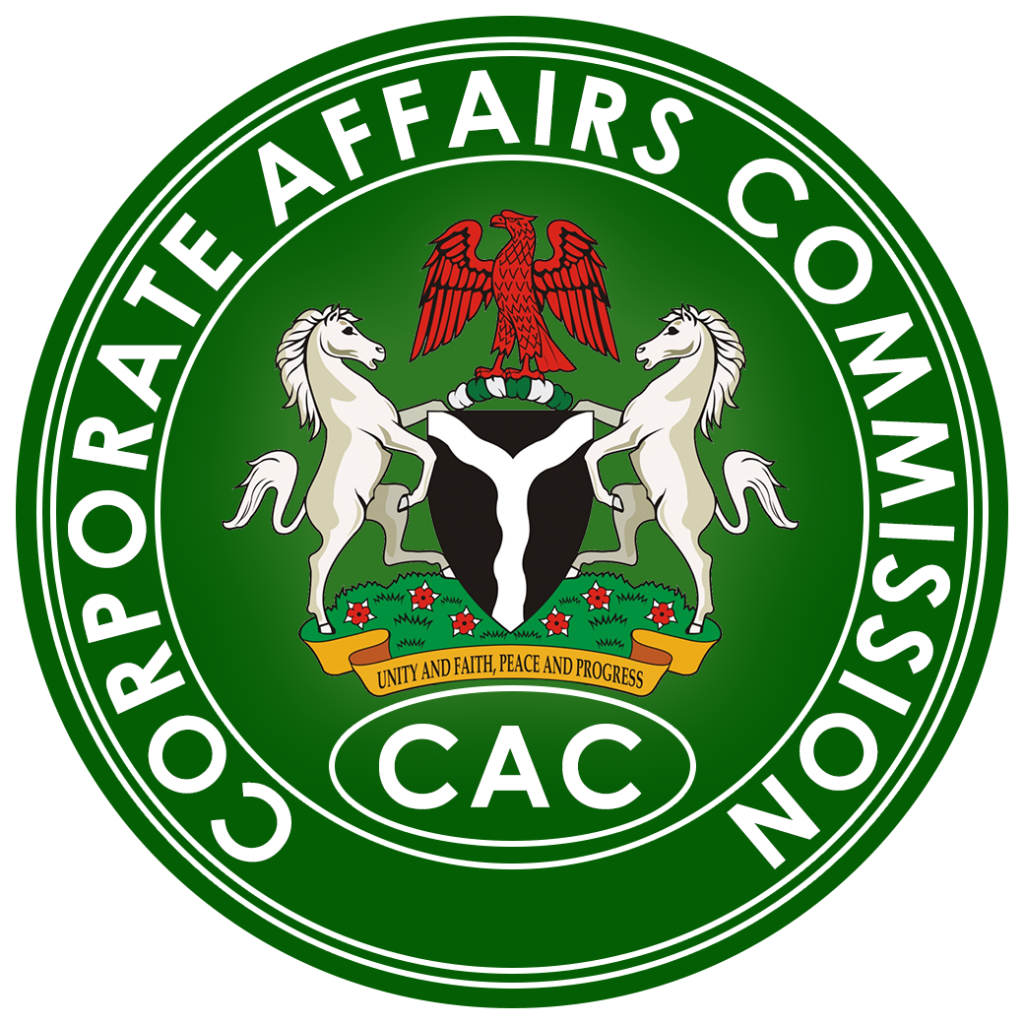
Starting a business in Nigeria feels exciting. You have an idea, a vision, and the drive to make it happen. You’ve probably heard people say, “Just register your business with CAC and you’re good to go.”
But here’s the truth: CAC registration is only the first step.
There’s a lot CAC won’t tell you, and missing those steps could cost you opportunities, partnerships, and even your business itself.
So, let’s break it down
- CAC Registration Is Your Foundation, Not Your Roof
Registering with the Corporate Affairs Commission (CAC) gives your business a legal identity, meaning you can open a bank account, sign contracts, and operate as a recognized entity.
But many founders stop there.
What CAC doesn’t tell you is that registration doesn’t automatically make you compliant.
After CAC, there’s more groundwork to do.
- You Need a Tax Identification Number (TIN)
Once you register your business, you must get your Tax Identification Number (TIN) from the Federal Inland Revenue Service (FIRS).
Without a TIN, you can’t:
● Open a proper business bank account
● Apply for government contracts or grants
● File your taxes legally
And yes, every business in Nigeria — even small and online ones — is required to have one.
- NDPR: If You Collect Data, You Need to Protect It
If your business collects customer information (emails, phone numbers, addresses, or payments), you must comply with the Nigerian Data Protection Regulation (NDPR).
Think of NDPR as Nigeria’s version of GDPR (used in Europe). It ensures customer data is handled safely and respectfully.
Ignoring NDPR could attract fines or make investors hesitant to work with you.
- Trademark: CAC Registration ≠ Brand Ownership
This is one of the biggest surprises for business owners.
Just because you registered your business name with CAC doesn’t mean you own that name.
Trademarking your brand name, logo, or slogan gives you exclusive rights to it — meaning no one else can use or register it.
Without it, CAC can delist your business if someone else trademarks the same name first (yes, it happens).
Many startups lose funding or grants not because their idea isn’t great — but because they’re not legally ready.
Investors and grant organizations check for:
● CAC certificate
● TIN
● SCUML (if applicable)
● Tax clearance
● Proper documentation
If any of these are missing, your application won’t even make it past the first review.
If all this sounds like too much, you’re not alone. That’s where Semply HQ comes in.
We help startups and SMEs handle the full compliance journey — from CAC to trademark, SCUML, tax setup, and more.
Compliance Makes You Fundable
✅ We guide you step-by-step
✅ Handle the paperwork
✅ Make your business legally ready to grow
Starting a business in Nigeria isn’t just about building a brand — it’s about building a structure that lasts.
CAC gives you identity.
Compliance gives you credibility.
Don’t just start. Start right.



